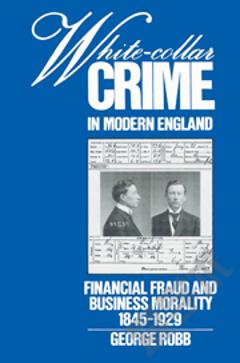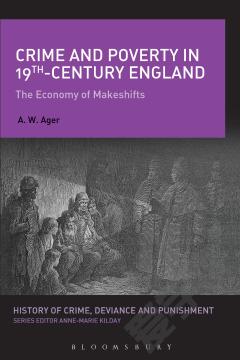White-Collar Crime in Modern England: Financial Fraud and Business Morality, 1845–1929
In the period between the 1840s and the 1920s the British economy was transformed, from small-scale capitalism dominated by individual traders and partnerships to a complex financial structure dominated by large, joint-stock companies. The tremendous growth of big business created a world of new opportunities for criminal exploitation. The promotion and management of public companies and the trading of commercial securities proved vulnerable to the white-collar crimes of fraud and embezzlement. Problems of financial fraud were exacerbated by a climate of laissez-faire which championed the most permissive commercial legislation in the world, and white-collar crime wreaked havoc on the modern British economy. This new book examines the spread of white-collar crime from the Victorian period to the early twentieth century and offers a new perspective on modern scandals.
{{comment.content}}








 京公网安备 11010802027623号
京公网安备 11010802027623号